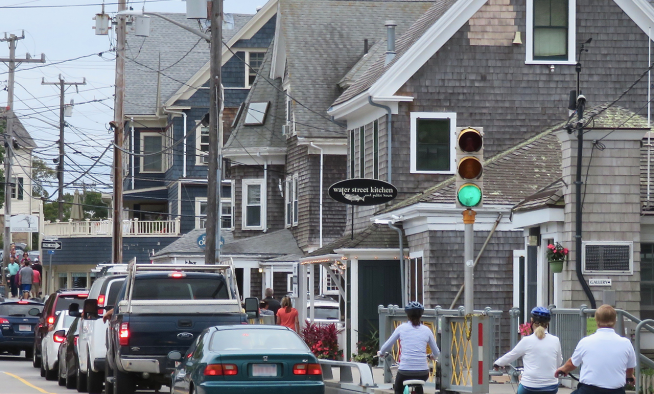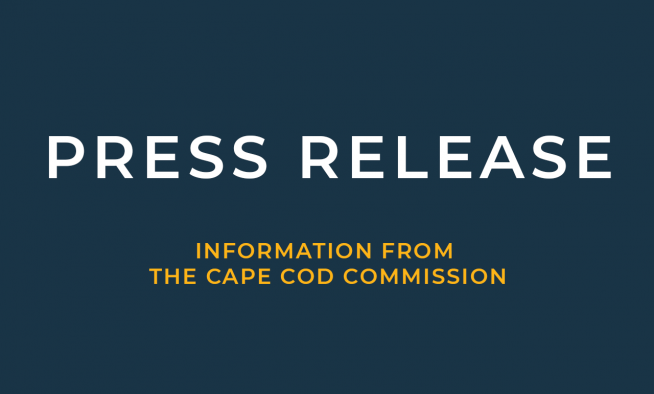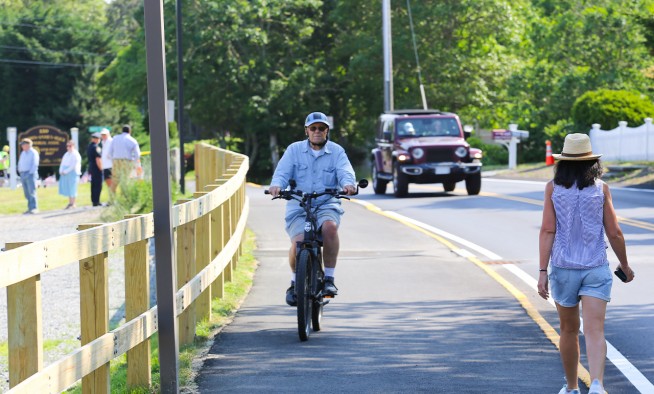Planning for a Resilient Cape Cod

The Cape Cod Commission and partner agencies launched a new online tool to help decision makers investigate environmental and socio-economic effects of regional coastal resiliency strategies.
The Cape Cod Coastal Planner is the culmination of the three-year Resilient Cape Cod Project, funded through a 2016 National Oceanic and Atmospheric Administration Regional Coastal Resilience grant.
Extensive stakeholder outreach conducted throughout the project shaped the tool development, from the strategies included, to the calculations and methodology and the design and function.
The Coastal Planner is designed to help towns communicate the effects of sea level rise, erosion, and storm surge, and the potential impacts of adaptation strategies. The tool identifies adaptation strategies available for specific coastline segments selected by the user, based on land and water-based characteristics of those segments.
The Coastal Planner incorporates the outputs from each of the Resilient Cape Cod Project components. The adaptation strategies matrix and fact sheets, developed by the Commission and the Association to Preserve Cape Cod, provide detailed information on options available to coastal communities to protect coastlines, adapt to natural hazards, or retreat from their impact.
Socio-economic research also informed the outputs of the tool, including impacts of coastal hazards and adaptation strategies on ecosystem services.
In May 2019, the Coastal Planner was piloted with the Town of Barnstable. Working with town staff, the Commission held two local workshops. The first workshop focused on training town staff to use the tool as a communications resource in community meetings. The second workshop put the Cape Cod Coastal Planner to work investigating highly-vulnerable locations identified by the town through their Municipal Vulnerability Preparedness (MVP) Program process, conducted earlier in 2019. The goal of the workshops was for decision makers and stakeholders to better understand what characteristics of these areas increase their vulnerability, what hazards they are subject to, and what tradeoffs are inherent in addressing them.
More information on the project is available at www.capecodcommission.org/resiliency. The tool is available at www.capecodcoast.org.
Related Posts




